What are the positive and negative effects of masturbation on the brain?

While experts are
The Effects of Masturbation on Your Brain - YouTube
The movie first explains 'Post-Masturbation Clarity'. The feeling of being clear-headed or mentally reset after sex and masturbation is called 'Post-nut clarity', but in reality it is only used in the context of masturbation, so in the movie it is called Post-Masturbation Clarity. The literal translation is 'clarity after masturbation', but in Japanese the term ' wise man time ' is known specifically to refer to the feeling after ejaculation.
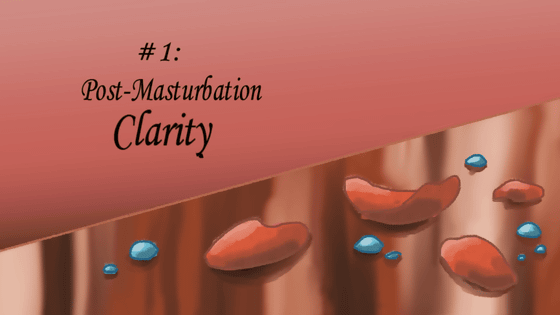
Urologist Justin Dabin explains the phenomenon of post-masturbation clarity. When you masturbate and reach orgasm, blood rushes to your brain, especially to
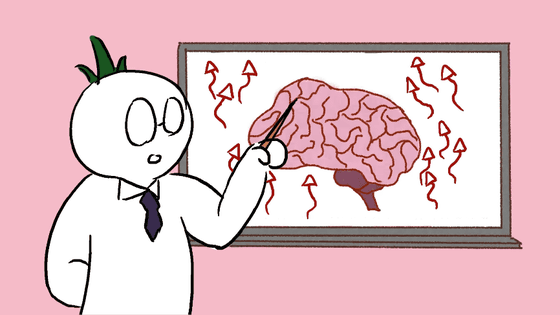
And this post-masturbation clarity is the effect masturbation has on people and the reason why many people masturbate. In the 'Trauma Response' section of the movie, it is pointed out that masturbation is a calming act.
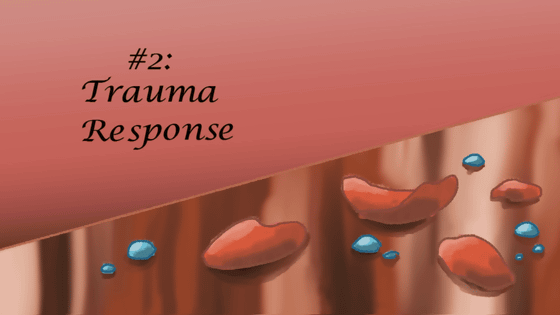
On the other hand, while moderate masturbation can have a positive effect on the mind, masturbation can also have a negative effect on the mind. According to psychology professor Alexandra Cassis, masturbating to release negative emotions may be an unhealthy trauma response. The clarity that masturbation brings is temporary, and it does not provide a fundamental solution because it does not confront the underlying mental problems, such as anxiety or fear.
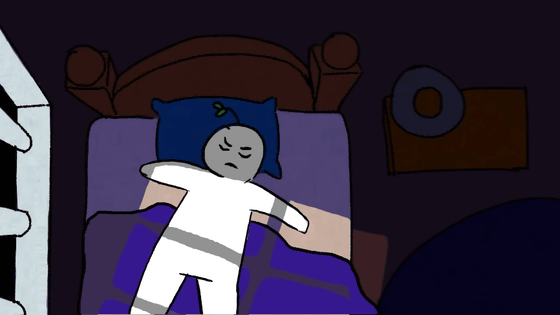
In addition, according to Cassis, primitive negative emotions such as fear and jealousy are generally the driving force behind the desire to please oneself. Therefore, even if you masturbate to temporarily numb feelings of pain or sadness, the negative emotions will eventually bubble up to the surface. Cassis says, 'If you are experiencing strong mental anxiety or trauma, seek mental health treatment. Avoiding treatment and masturbating to calm yourself down can be very harmful and exacerbate mental health issues.'

While the clarity you feel after masturbating has its pros and cons, there are also some simple benefits to masturbation, one of which is the induction of the feel-good hormones consisting of endorphins, serotonin, oxytocin, and dopamine.
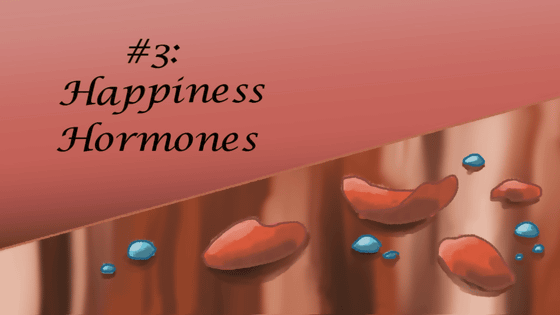
When you eat your favorite food or watch your favorite TV show, a cocktail of happy hormones is released in your brain. The same thing happens when you masturbate, sending hormones signals to your brain that help you reduce stress and relax.

Masturbation also acts as a natural anti-stress and painkiller. A 2015 study by physician and researcher Ken Mberg showed that oxytocin helps lower cortisol levels, which are secreted during stress, and that endorphins and oxytocin lower blood pressure, which rises after masturbation. This means that masturbation lowers blood pressure and stress levels, leading to relaxation and improved sleep quality.

Furthermore, a paper published in 2013 found that 'sexual intercourse reduces migraines and cluster headaches.' Therefore, it is believed that reaching orgasm through masturbation not only has a psychological effect, but also functions as a painkiller that acts on the brain.

While masturbation has many positive effects on the brain, it is also possible that it may have negative effects on the brain. One of these is addiction. Because masturbation has such a positive effect on the brain, excessive masturbation can lead to serious addiction. In particular, the brain's need for the happiness hormone dopamine increases over time, which can lead to masturbation escalating. The molecule '
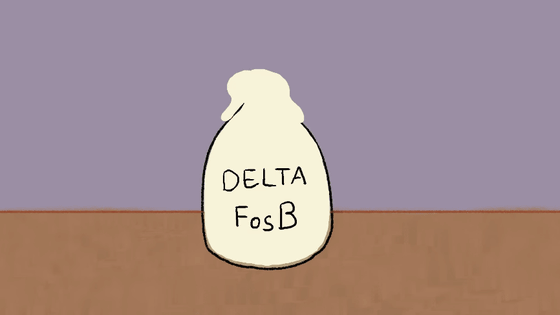
Additionally, various underlying medical conditions can make masturbation a stressful activity. People who experience sexual dysfunction, such as erectile dysfunction, may feel mentally fatigued or irritated during masturbation due to these symptoms.

Mental anxiety and trauma can be reasons for masturbating or for not being able to masturbate. If you experience difficulty masturbating or sexual dysfunction, it is important to consult a professional medical institution and receive appropriate treatment.
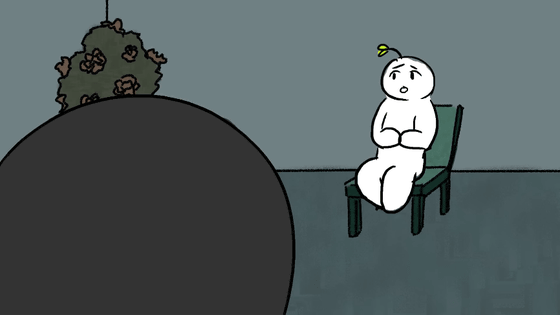
Related Posts:







